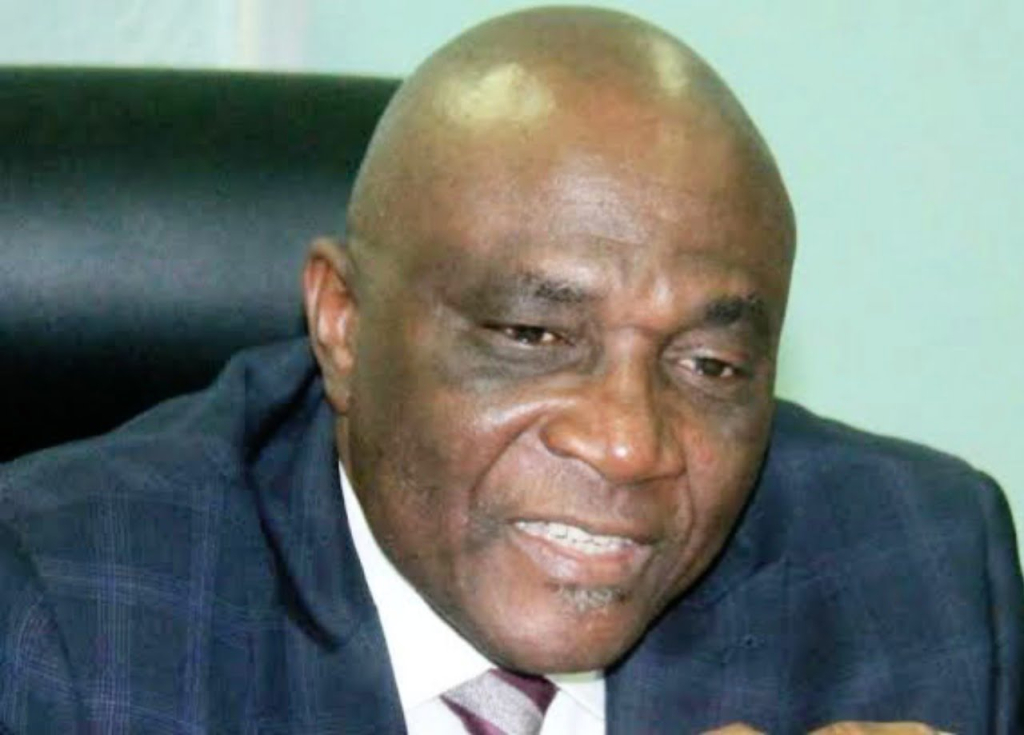Nigeria’s presidency has announced the successful harmonization of the naira’s exchange rates across official and parallel foreign exchange markets, marking a milestone in President Bola Tinubu’s economic reform agenda. The declaration, made via social media by Bayo Onanuga, Special Adviser to the President on Information and Strategy, underscored the administration’s efforts to stabilize the national currency amid broader restructuring initiatives.
Onanuga’s statement on Friday highlighted the naira’s recent appreciation, closing at N1,532.34 on the official market and N1,535 on the parallel market per U.S. dollar—a rare convergence signaling reduced disparity between government-regulated and unofficial trading platforms. “Harmonization of exchange rates achieved,” he wrote on the platform X, reinforcing the administration’s Renewed Hope Agenda as “not just a slogan, but real.” The unification of multiple exchange rates, a longstanding challenge for Nigeria’s economy, aims to curb speculation, attract foreign investment, and bolster fiscal transparency.
The development follows months of volatility that saw the naira plunge to historic lows earlier in 2024. Market analysts attribute the rebound to strategic interventions by the Central Bank of Nigeria (CBN), including tighter monetary policies and efforts to clear billions in outstanding foreign exchange obligations. Bismark Rewane, CEO of Financial Derivatives Company, noted the currency’s strengthening trajectory, stating that Nigeria’s economy is “leaping away from crisis” amid improving liquidity and investor confidence.
President Tinubu’s reforms, initiated after his May 2023 inauguration, have prioritized dismantling subsidies and restructuring currency frameworks to address structural imbalances. While the latest data reflects progress, economists caution that sustaining stability will depend on continued policy discipline, increased foreign reserves, and resolving systemic bottlenecks in the forex market.
For Nigerians grappling with inflation exceeding 33%, the currency’s recovery offers cautious optimism. However, the long-term impact on food prices, manufacturing, and household welfare remains closely tied to broader macroeconomic strategies. The harmonization milestone, while symbolically significant, underscores the administration’s push to reposition Africa’s largest economy amid global headwinds.
